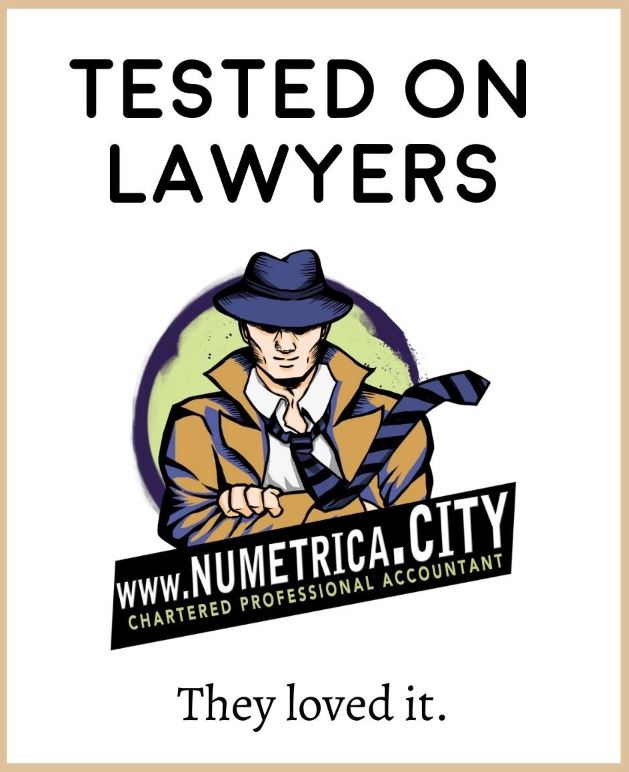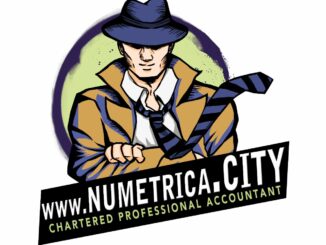
How to Work on Your Business Step by Step Guide for 2021
You have probably heard, work on your business not in your business.
So, what does work on your business mean? In a nutshell, manage your business rather than getting involved in day to Operations.
Why should you work on your business? Because you should work on growing your business. Businesses that are not growing, naturally would die off.
These are key element of working on your business.
Highest and best use of your time and activity:
Find out what you are good at and what is its cost. For this exercise, create a framework or a table. Create 4 headings:
- Competency
- Passion
- Relevancy
- Costs
Write down the operation activities, next to each one assesses your self-based on these headings. Rate your self from scale of 1 to 10.
Once you complete this exercise, you can determine where most of time should be spent.
Delegate tasks:
From the exercise above, delegate the tasks that you are not good at, and you have no passion for, and the costs are low. One example would be answering the phone or sending a piece of mail.
Once these tasks are identified and delegated, add a control ensuring that the tasks are being performed regularly. On that note, identify which task can be automated or even subcontracted. As in our example, answering the telephones, if possible, hire a virtual assistance to perform that task if the costs would be lowered.
Perform the Pareto Law (80/20) on Your Business:
Pareto discovered that there is a relation between input and output.
80% of our results comes from 20% of our activities.
80% of our income comes from 20% of our efforts.
80% of your income, generated from 20% of your clients or your products.
20% of your clients, consume 80% of your time.
This ratio can even go higher, in some cases 90/10.
In terms of growing your business, identify these culprits in these cases and eliminate the non-producing and most time-consuming with little profits. Conversely, identify the great clients that are providing with great income and obtain more clients like the. This is called ideal clients.
Implement the Parkinson Law:
Like Pareto, Parkinson discovered that once we have limited resources, we use it more efficiently and effectively.
A great illustration that everyone can relate to is when have very little tooth paste left. We use the remainder very carefully, we do not waste, and we squeeze the very last of the paste till there is nothing left in the tube to squeeze out. Nevertheless, we were not doing this when the tooth past was full.
Same thing is true with our other resources, time, and money.
For the tasks that you oversee as identified in highest and best use practice put short deadlines. The more deadline that you give to a task, the harder it would become to do.
As an example, if I say you have 2 months to complete this assignment, your brain will give it a high degree of difficulty regardless or its complexity. The shorter the timeline is, its degree of complexity magically reduces. In addition, since the time is shortened, you can identify the key tasks to complete so the project gets completed.
Based on Parkinson Law, you would become more resourceful.
I’m not sure, if you ever watched MacGyver, he became so resourceful and in a nick of time, he got the job done. Or even in James Bond, in the moment of despair or against all odds, he did something simple and defeated the villain.
Create a not to do list:
Create a list of things not to do. Each time you are doing something in your business, ask this question, am I being productive? Could this be done by someone else who could do it better than I do and cost less or can this be done automatically. I.e., use an automatic scheduling system, create templates for most used instructions, create checklists.
Chunking:
Just like creating a not to do list, create a task list for yourself to do.
now divide and Conque, divide the task and place them in a group, chunk them. You find out for example, that 3 of the tasks were related to marketing, 3 to finance. So group them together and in move complete them.
Learn Steven Covey’s Quadrants
Identify what needs to be done and assess them based on the categories below and treat them based on his recommendation. This will put your productivity on steroids. In Addition, this is where your 20% of your efforts get 80% production. We said, the 80/20 could be higher. Some of the business icons use this and their 1% efforts leads to 99% success. Therefore, the most successful people belong to 5% of wealthy class.
Urgent and Important – Manage and Do
Non-Urgent and important – Plan and Focus
Urgent but not Important – Delegate
Not important not important – Eliminate (Not to do list)
Final Thoughts:
The process of working on your business, takes time and should be continuously and requires continuous review and assessment.
Call me if you want to speed up this process and become more resourceful. As I explained in delegating tasks, a virtual CFO coach can help in this area.
Every successful athlete or entrepreneur had a coach who helped and pushed them to achieve extraordinary results.
Looking for an Ottawa CFO? Get in touch with Numetrica City today at: https://numetricacity.ca/
YourSavings.ca was not involved in the creation of this content. Information contained on this page is provided by an independent third-party content provider. YourSavings.ca makes no warranties or representations in connection therewith.




